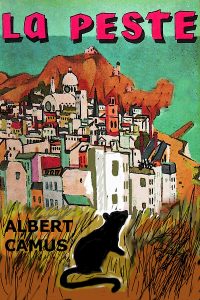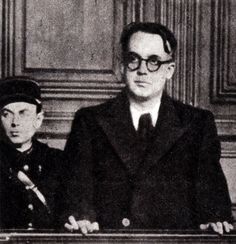1,649 words
What, then, is this that we call existentialism? –– Jean-Paul Sartre, Existentialism Is a Humanism
Sartre formulates the basic formula of existentialism in these words: existence precedes essence. — Martin Heidegger, “What Is Humanism?”
Schools of philosophical thought are usually quite clear in their lines of demarcation. (more…)








